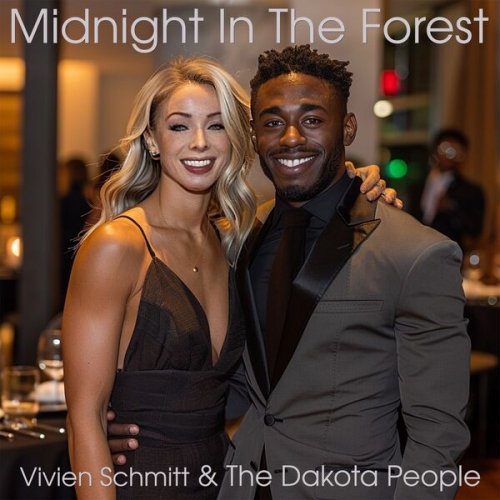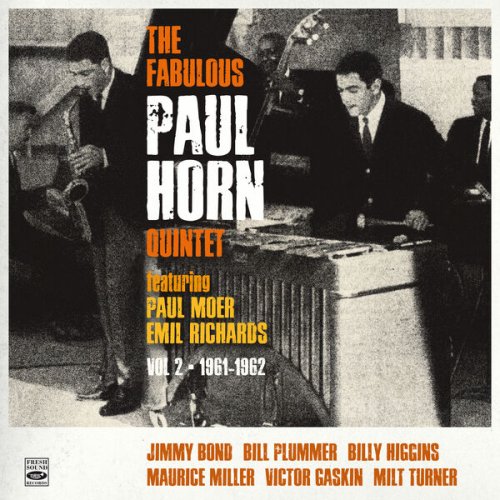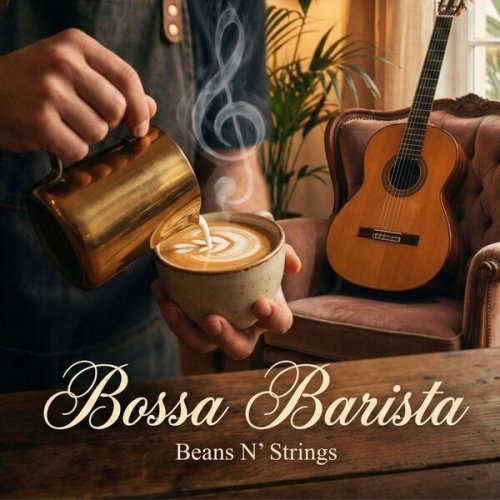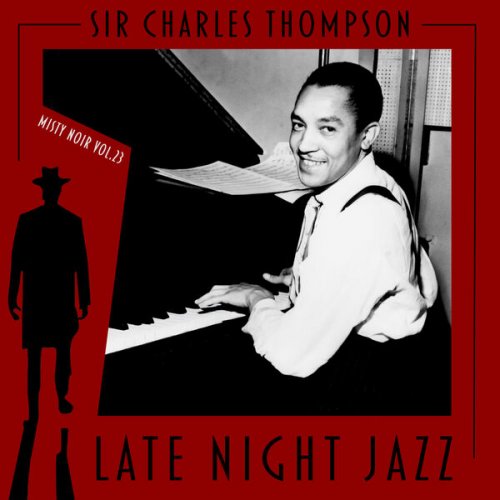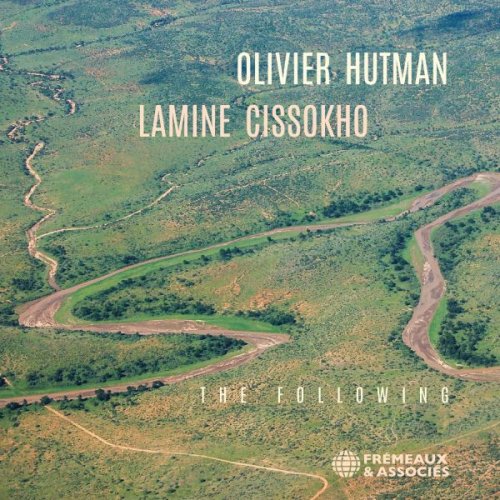Artist:
Francois Couturier
Title:
Tarkovsky Quartet
Year Of Release:
2011
Label:
ECM [ECM-2159]
Genre:
Jazz, Contemporary Jazz
Quality:
FLAC (tracks + .cue,log,scans)
Total Time: 62:26
Total Size: 299 MB(+3%)
WebSite:
Album Preview
Tracklist1. A celui qui a vu l'ange
2. Tiapa
3. San Galgano
4. Maroussia
5. Mychkine
6. Mouchette
7. La passion selon Andreï
8. L'Apocalypse
9. Doktor Faustus
10. Sardor
11. La main et l'oiseau
12. De l'autre côté du miroir
personnel : François Couturier - piano
Anja Lechner - violoncello
Jean Louis Matinier - accordion
Jean Marc Larché - soprano saxophone
In 2005, French pianist François Couturier organized a quartet with cellist Anja Lechner, accordionist Jean-Louis Matinier, and soprano saxophonist Jean-Marc Larché to record Nostalghia: Song for Tarkovsky, released by ECM in 2006, an album that paid tribute to Soviet film director Andrei Tarkovsky (1932-1986), not by playing music used in his films, but instead by creating new compositions, played in a jazz/classical hybrid, that evoked the moods of the filmmaker's works. The group toured as the Tarkovsky Quartet, and the 2011 album Tarkovsky Quartet is a follow-up recording in the same manner; since Couturier's 2009 solo piano CD Un Jour Si Blanc also paid tribute to Tarkovsky, it can be seen as the completion of a trilogy. As with Nostalghia, the quartet also overtly references various classical composers in the music, with the opening track, "A Celui Qui a Vu l'Ange," based on Pergolesi's "Stabat Mater," "Doktor Faustus" on Shostakovitch's "Sonata for Violoncello and Piano, Op. 40," and "Maroussia" and "La Passion Selon Andrei" drawing on Johann Sebastian Bach. The nearly ambient "San Galagno," with its glacially slow presentation of notes; the oddly atonal "Sardor," a collection of squeaks and squawks; and "Le Main et l'Oiseau" ("The Hand and the Bird") are all group improvisations by the four musicians. The actual relation to Tarkovsky is more inferential than specific, as an examination of the titles indicates. Whereas the tracks on Nostalghia often referred to actual Tarkovsky films, those here are more tangential. "Myshkin," for instance, is the name of a character in the fiction of Dostoyevsky about whom Tarkovsky intended to make a movie, but never did; he also wanted to direct a film based on Thomas Mann's novel Doktor Faustus, but did not. Leaving aside such associations, the quartet's music can be seen as contemplative, improvisational third-stream jazz very much in the ECM style, even if the cinematic and literary allusions are part of the overall appreciation of it.~William Ruhlmann
Exact Audio Copy V1.0 beta 1 from 15. November 2010
EAC extraction logfile from 7. May 2011, 14:37
Francois Couturier / Tarkovsky Quartet
Used drive : Optiarc DVD RW AD-7240S Adapter: 3 ID: 1
Read mode : Secure
Utilize accurate stream : Yes
Defeat audio cache : Yes
Make use of C2 pointers : No
Read offset correction : 48
Overread into Lead-In and Lead-Out : No
Fill up missing offset samples with silence : Yes
Delete leading and trailing silent blocks : No
Null samples used in CRC calculations : Yes
Used interface : Installed external ASPI interface
Gap handling : Appended to previous track
Used output format : User Defined Encoder
Selected bitrate : 896 kBit/s
Quality : High
Add ID3 tag : No
Command line compressor : C:\Program Files\Exact Audio Copy\Flac\flac.exe
Additional command line options : -8 -V -T "ARTIST=%a" -T "TITLE=%t" -T "ALBUM=%g" -T "DATE=%y" -T "TRACKNUMBER=%n" -T "TOTALTRACKS=%x" -T "GENRE=%m" -T "ALBUMARTIST=%v" -T "ALBUM ARTIST=%v" -T "COMMENT=EAC Secure Mode, Test & Copy, AccurateRip, FLAC -8" %s
TOC of the extracted CD
Track | Start | Length | Start sector | End sector
---------------------------------------------------------
1 | 0:00.00 | 8:29.73 | 0 | 38247
2 | 8:29.73 | 5:51.23 | 38248 | 64595
3 | 14:21.21 | 2:56.69 | 64596 | 77864
4 | 17:18.15 | 6:48.56 | 77865 | 108520
5 | 24:06.71 | 6:10.07 | 108521 | 136277
6 | 30:17.03 | 2:40.54 | 136278 | 148331
7 | 32:57.57 | 4:18.26 | 148332 | 167707
8 | 37:16.08 | 5:39.73 | 167708 | 193205
9 | 42:56.06 | 8:38.15 | 193206 | 232070
10 | 51:34.21 | 2:53.53 | 232071 | 245098
11 | 54:27.74 | 3:12.19 | 245099 | 259517
12 | 57:40.18 | 4:46.57 | 259518 | 281024
Track 1
Filename F:\AneL\MY RIPS\01 - A celui qui a vu l'ange.wav
Pre-gap length 0:00:02.00
Peak level 93.6 %
Extraction speed 2.7 X
Track quality 100.0 %
Test CRC DF5D6681
Copy CRC DF5D6681
Track not present in AccurateRip database
Copy OK
Track 2
Filename F:\AneL\MY RIPS\02 - Tiapa.wav
Peak level 98.8 %
Extraction speed 2.8 X
Track quality 99.9 %
Test CRC 3638BD71
Copy CRC 3638BD71
Track not present in AccurateRip database
Copy OK
Track 3
Filename F:\AneL\MY RIPS\03 - San Galgano.wav
Peak level 32.4 %
Extraction speed 2.9 X
Track quality 100.0 %
Test CRC F1BC7D66
Copy CRC F1BC7D66
Track not present in AccurateRip database
Copy OK
Track 4
Filename F:\AneL\MY RIPS\04 - Maroussia.wav
Peak level 73.7 %
Extraction speed 3.3 X
Track quality 99.9 %
Test CRC 741B359E
Copy CRC 741B359E
Track not present in AccurateRip database
Copy OK
Track 5
Filename F:\AneL\MY RIPS\05 - Mychkine.wav
Peak level 91.9 %
Extraction speed 3.8 X
Track quality 100.0 %
Test CRC 2509BB49
Copy CRC 2509BB49
Track not present in AccurateRip database
Copy OK
Track 6
Filename F:\AneL\MY RIPS\06 - Mouchette.wav
Peak level 98.8 %
Extraction speed 3.0 X
Track quality 99.9 %
Test CRC E6F83831
Copy CRC E6F83831
Track not present in AccurateRip database
Copy OK
Track 7
Filename F:\AneL\MY RIPS\07 - La passion selon Andrei.wav
Peak level 64.4 %
Extraction speed 3.6 X
Track quality 99.9 %
Test CRC 91CF3E39
Copy CRC 91CF3E39
Track not present in AccurateRip database
Copy OK
Track 8
Filename F:\AneL\MY RIPS\08 - L'Apocalypse.wav
Peak level 98.8 %
Extraction speed 4.3 X
Track quality 100.0 %
Test CRC 177D8B78
Copy CRC 177D8B78
Track not present in AccurateRip database
Copy OK
Track 9
Filename F:\AneL\MY RIPS\09 - Doktor Faustus.wav
Peak level 98.8 %
Extraction speed 4.8 X
Track quality 100.0 %
Test CRC C78F34A1
Copy CRC C78F34A1
Track not present in AccurateRip database
Copy OK
Track 10
Filename F:\AneL\MY RIPS\10 - Sanrdor.wav
Peak level 98.6 %
Extraction speed 4.3 X
Track quality 100.0 %
Test CRC 2C03B4A5
Copy CRC 2C03B4A5
Track not present in AccurateRip database
Copy OK
Track 11
Filename F:\AneL\MY RIPS\11 - La main et l'oiseau.wav
Peak level 68.9 %
Extraction speed 3.9 X
Track quality 99.9 %
Test CRC 537E0505
Copy CRC 537E0505
Track not present in AccurateRip database
Copy OK
Track 12
Filename F:\AneL\MY RIPS\12 - De l'autre cote du miroir.wav
Peak level 55.5 %
Extraction speed 4.9 X
Track quality 100.0 %
Test CRC 6AADFF58
Copy CRC 6AADFF58
Track not present in AccurateRip database
Copy OK
None of the tracks are present in the AccurateRip database
No errors occurred
End of status report
==== Log checksum 4F2887C8C6217AA4DC8D7A96F43A08ED025C950155372D5E7B34E0CD9A6461EA ====
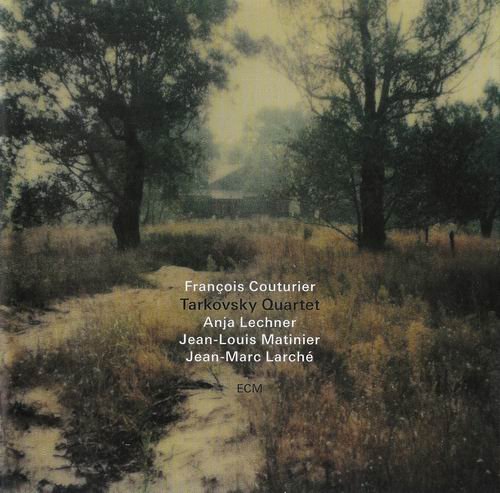
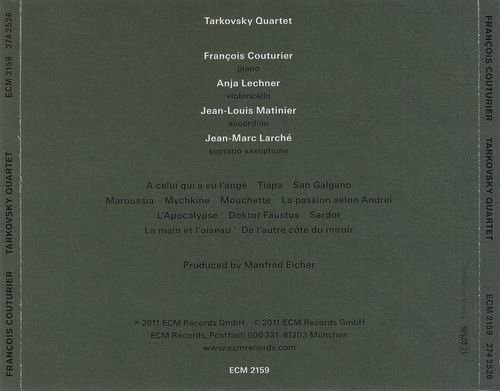

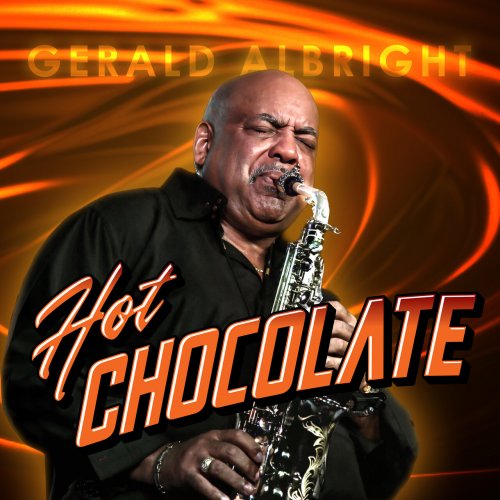
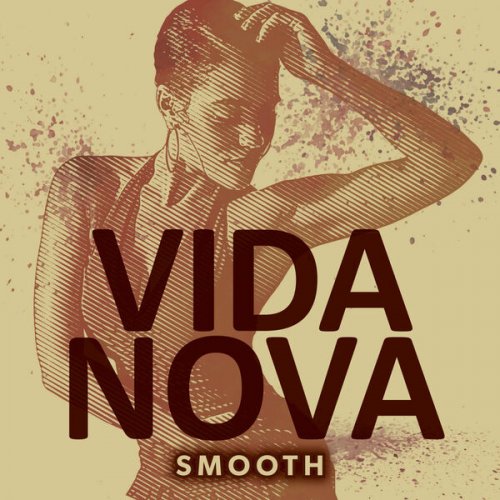
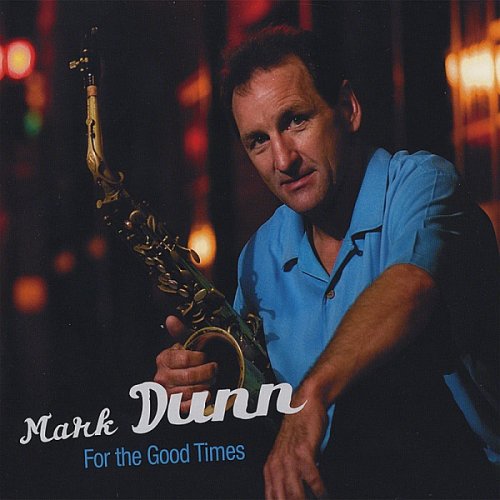
![Wes Montgomery - Full House (Remastered 2026 / Live At Tsubo / 1962) (1962) [Hi-Res] Wes Montgomery - Full House (Remastered 2026 / Live At Tsubo / 1962) (1962) [Hi-Res]](https://www.dibpic.com/uploads/posts/2026-02/1772124946_cover.jpg)
